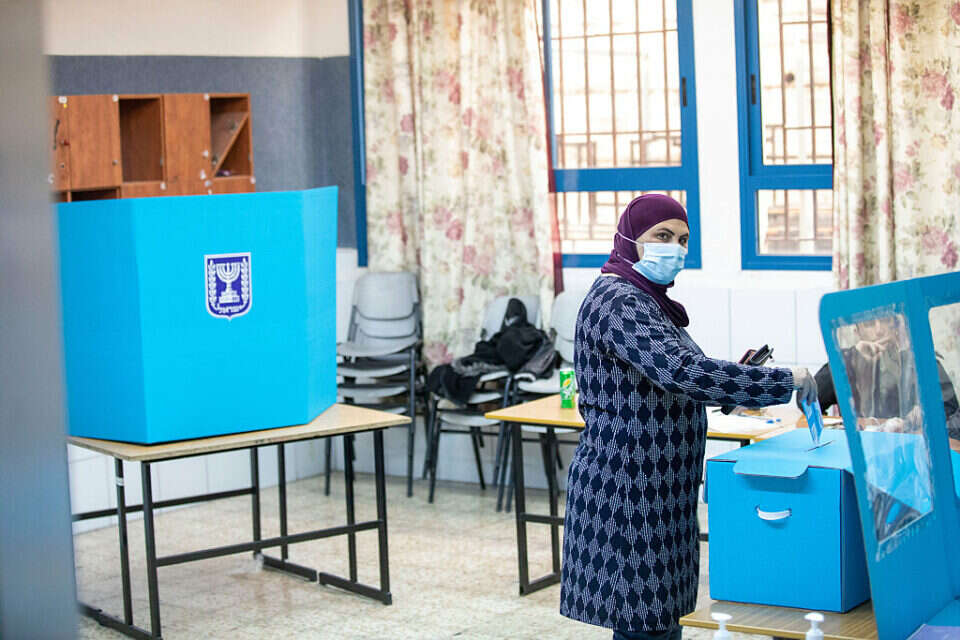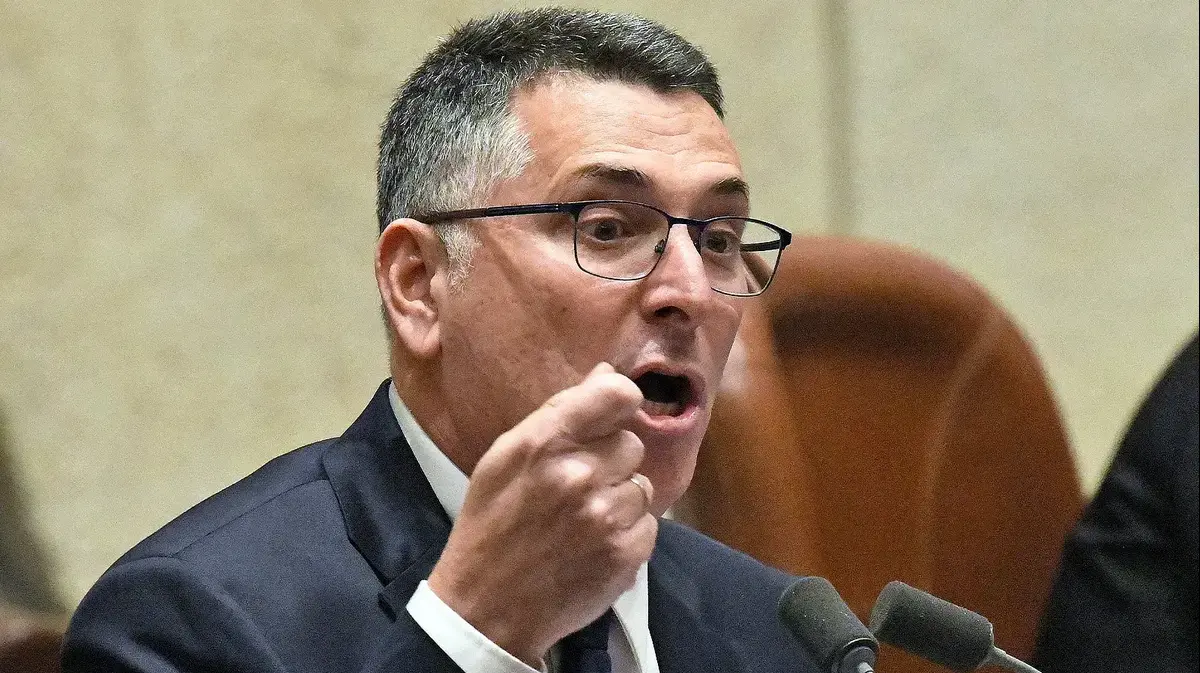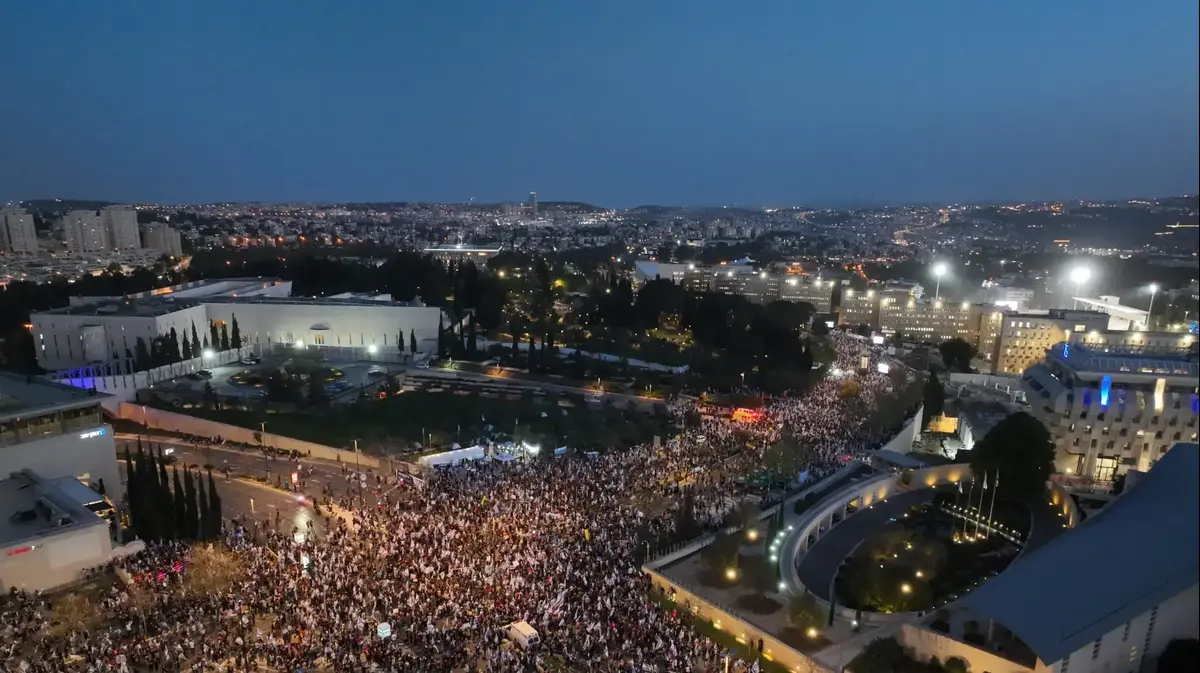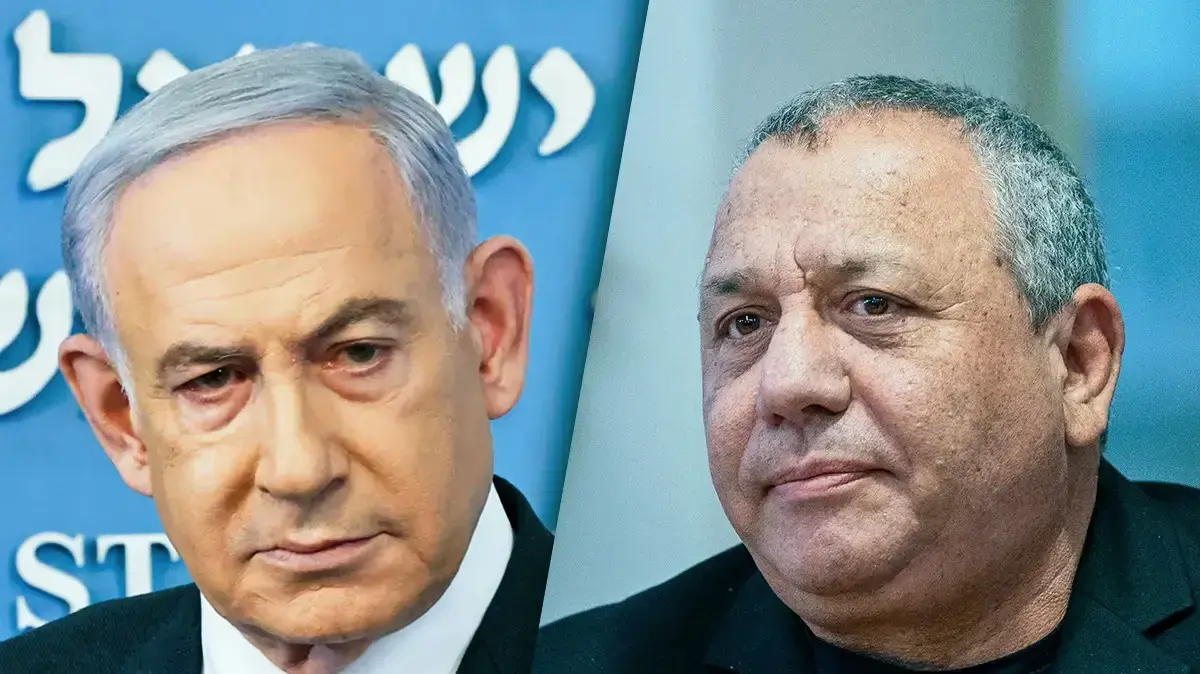Many eyes are on the parties swinging around the blocking percentage.
Less attention is given to the people who do not come to vote.
In the last elections, the national turnout was 67%.
The trend is clear: the more the voter comes from the depths of the social periphery, the more significantly the chance that he will refrain from voting increases.
In Tiberias, 45% of those with the right to vote did not go to the polls.
In the horizons about 40%.
In Bedouin society the numbers jump to 53% male and 60% female.
Living in poverty is alienated and indifferent to the political system.
If I am a person with disabilities who lives in Ma'alot Tarshikha, what good will Netanyahu or Lapid do to me?
If I am an unemployed young man in the tribe of Abu Jawaid, why should I waste my day on an expensive trip to the polling station?
When parties focus on energizing the "natural" fans in the big cities, they forget that the potential to break the curse of 61 lies precisely in the depths of the peripheries.
Those who understood this in the last elections were, for example, the Prime Minister. They managed to scoop up most of the votes in the Bedouin society and broke through the blocking percentage, contrary to polls that completely missed the trend. Increasing the turnout in Bedouin cities and unrecognized villages in the Negev will work in their favor.
In the past, the Likud knew how to energize the voters in the development cities.
Through focused work from 1965, Likud succeeded in turning the development cities, which abstained from voting or traditionally voted for MAPI, into its political strongholds. Shas did this by distributing food and building discounted educational alternatives for the people of the periphery.
How can trends be changed?
Connecting to life.
In the book "Poor Economy", the Nobel Prize winners, Banerjee and Duplo, present how a policy of fighting poverty goes through research and connection to the people themselves.
For many years we got used to talking about them and not with them.
Continuous connection over the years, which demonstrates listening, responding to needs and helping to organize, can also bring about electoral change.
In the USA, there is a struggle against voting barriers for marginalized minorities. The requirement to read and write and early registration, as well as increasing the distance from polling stations, are part of the practices to keep the poor, with an emphasis on black women, out of the game. In Israel, the unrecognized villages in the Negev suffer from the lack of polling stations in the settlement, which significantly reduces The vote in general, and the vote of the women who need transportation in particular.
And most of all: promotion of relevant policies.
Life in poverty is not touched by theoretical programs about reforms.
What is concerned is an emergency center in a settlement due to a lack of health systems.
Subsidized kindergartens and a long school day.
Food vouchers and appropriate employment training.
There are no shortcuts.
The way to break the tie is through listening, caring and solutions to the real problems in life.
were we wrong
We will fix it!
If you found an error in the article, we would appreciate it if you shared it with us













/cloudfront-eu-central-1.images.arcpublishing.com/prisa/KMEYMJKESBAZBE4MRBAM4TGHIQ.jpg)

